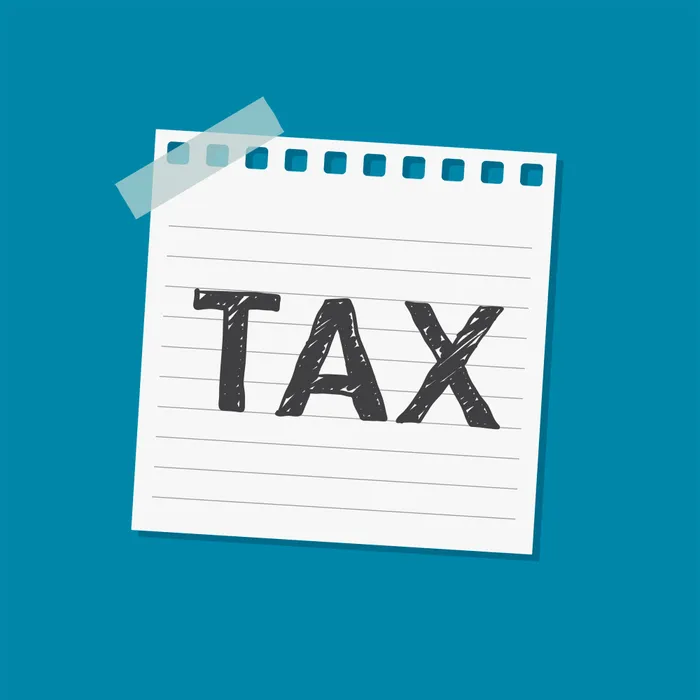Why South African taxpayers should double-check their auto-assessments

Tax With millions of South Africans auto-assessed by Sars in 2024, financial experts warn of potential errors that could cost taxpayers. Discover how to ensure your auto-assessment is accurate and avoid costly mistakes.
Image: Freepik
Millions of South Africans were auto-assessed by the South African Revenue Service (Sars) in 2024, a move designed to simplify the tax season. But with convenience comes risk.
Financial experts warn that auto-assessments, which rely solely on third-party data, can contain critical errors that might cost taxpayers dearly if left unchecked.
According to Procompare, an online platform that connects South Africans with local professionals, Sars auto-assessed around 3.5 million individuals in 2024, nearly half of the country’s tax base.
The process draws on pre-submitted data from employers, banks, medical aids, and retirement fund administrators to estimate a taxpayer's return, but the estimation isn't always spot on, it says.
Procompare says errors may include omitted income, overlooked deductions, or incorrectly reported figures.
"An auto-assessment can be convenient if your tax affairs are simple, but don’t assume it’s 100% correct," says Adriana Taljaard of AT Accounting & Taxation Solutions, an accountant affiliated with Procompare.
Tax experts list several common pitfalls with Sars auto-assessments:
- Incomplete or missing third-party data: If employers or financial institutions delay or fail to submit information, key income or deductions won't reflect in the auto-assessment.
- Incorrect reporting: Errors from banks, medical schemes, or other entities can result in Sars populating incorrect figures.
- Exclusions of non-standard deductions: Expenses such as home office costs, travel allowances, charitable donations, and unreimbursed medical expenses are not included unless captured by third parties.
- Undeclared personal income streams: Rental earnings, freelance work, or side businesses not reported to Sars won't feature in auto-calculations, potentially leading to under-reporting.
Taljaard says Sars itself cautions that there “might be some income sources and certainly expenses... of which Sars may not be aware”, reinforcing the need for taxpayers to validate their data.
"For the additional income, a P&L must be compiled in order to submit the profits or losses that the additional source of income," advises Rushaan Toefy, owner of Rushaan Toefy Financial Services in Cape Town. "As for the travel allowance, a complete logbook detailing must be provided in order for Sars to account for the extra tax savings."
Procompare says if you suspect your auto-assessment may be flawed, prompt action is essential. Here’s how to respond:
- Log into Sars eFiling and verify data: review the third-party certificates used and compare them with your own (IRP5s, IT3(b), medical tax certificates).
- Correct errors at source: contact banks or employers to amend inaccuracies and resubmit official data to Sars.
- File a complete ITR12 return: add missing income and deductions, ensuring your final return reflects the full scope of your tax situation.
- Submit before the deadline: most individuals must file by around 20 October. Failure to act means Sars' assessment becomes legally binding.
- Retain supporting documentation: keep evidence of any additions or changes for at least five years in case of an audit.
- Confirm your updated assessment: Sars will issue an ITA34 with your revised outcome. Review it thoroughly to ensure accuracy.
According to Procompare, even if you’ve already accepted a faulty auto-assessment, not all is lost. Sars allows taxpayers to request corrections or file a Notice of Objection under specific conditions. A Request for Correction (RFC) may be submitted via eFiling, and if that’s unsuccessful, a formal dispute process may be pursued.
Taljaard urges taxpayers to stay vigilant. "It’s up to you to double-check and ensure everything is in order."
PERSONAL FINANCE